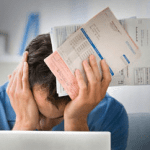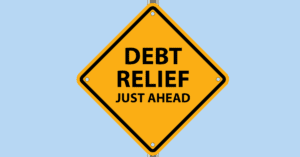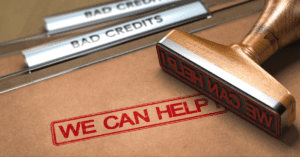

- Unsecured Debts and Creditors: Unsecured debts are debts not secured by any assets, for example credit cards and personal loans are examples of unsecured debts. Generally, unsecured creditors have no right to recover any item you purchased with the money you owe them. They cannot make any claims in your bankruptcy or proposal and you are discharged from these debts.
- Secured Debts and Creditors: Secured debts are those attached to an asset. If you fall behind in payments, a secured creditor may claim the asset and sell it to pay for the debt. Examples of secured debts are mortgages, car loans and a creditor who is taking security on any of your assets with your consent. However, if you wish to keep your assets, you are always entitled to negotiate with your secured creditors to reach amenable agreement with all. The Trustee may still sell your asset if the amount required by the agreement is less than the value of the asset.
Debts Not Covered by your bankruptcy. You are not discharged from the following debts during your bankruptcy: Fines for penalties, debts arising from fraud, child or spousal support. In addition, suppliers of unpaid housing or utility services, such as electricity, telephone, or gas may require payment in full to maintain the provision of services.
Contact Rumanek & Company Ltd. for more information on bankruptcy and debt solutions. Or please fill out the free bankruptcy evaluation form. To learn more please visit our YouTube Channel. Rumanek & Company have been helping individuals and families overcome debt for more than 25 years.




